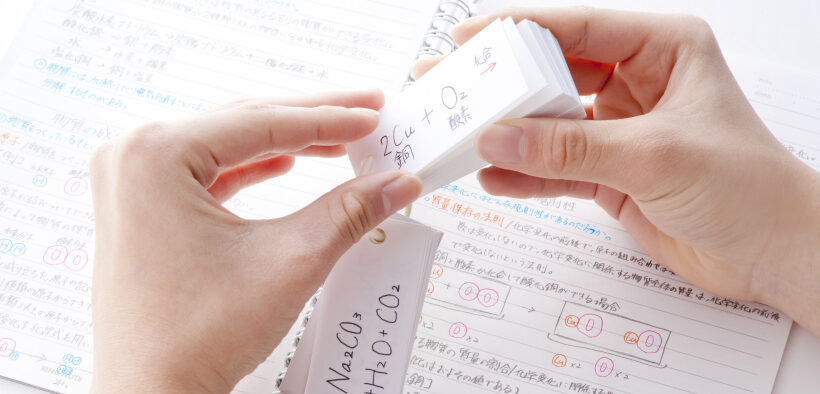I used to question my students’ use of flash cards. Yes, I could see their value in language learning, but in a beginning communication course? In developmental English? My concerns did rest on a bit of academic elitism. I thought college students should be using more sophisticated learning strategies. Some recent reading has changed my mind. Oh, flash cards are still misused. If a word is on one side and the definition on the other, and the student thinks about the definition, checks the back, and moves onto the next card—that process doesn’t do much for learning or retention.
Related Articles
I have two loves: teaching and learning. Although I love them for different reasons, I’ve been passionate about...
Imitation may be the sincerest form of flattery, but what if it’s also the best first step to...
Higher education has long recognized the value of Socratic dialogue in learning. Law schools traditionally adopt it in...
After 35 years in higher education, I continue to embrace the summer as a prime opportunity to strengthen...
Last month I wrote about how students fool themselves into thinking they have learned concepts when they really...
If you’ve ever hesitated to offer feedback to a colleague for fear of creating tension or hurting a...
When I first began teaching online, I thought creating engaging and relevant content was the biggest challenge. And...









